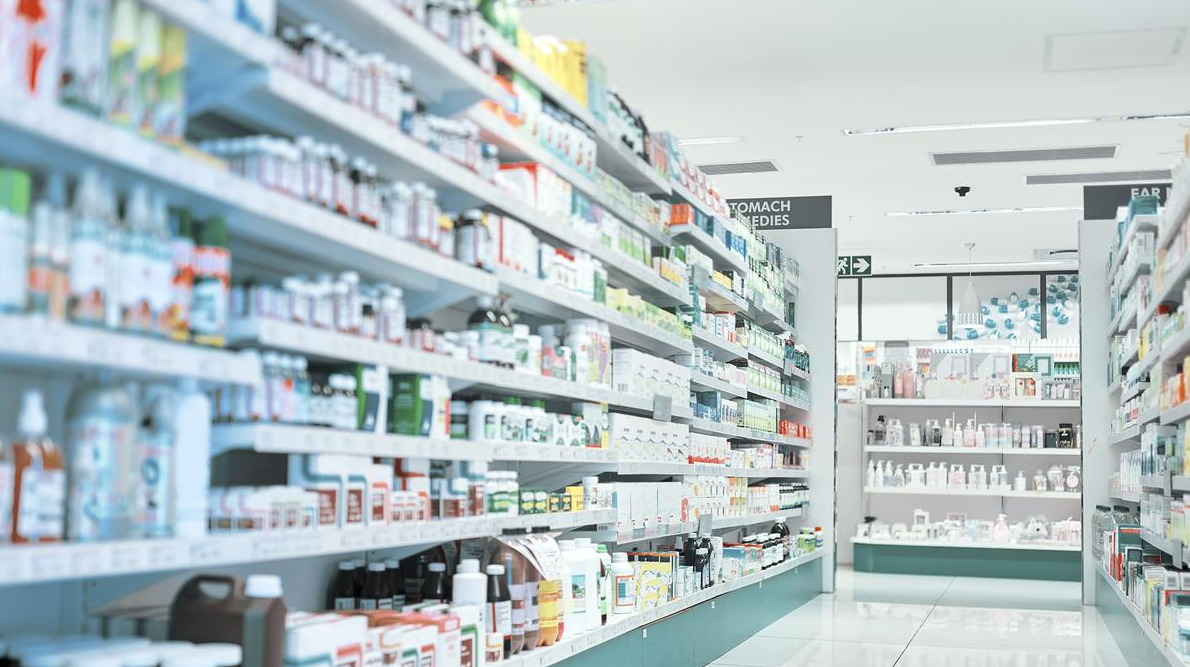India produces one in five generic drugs globally, with medicines from Gujarat, Maharashtra, and Telangana available in pharmacies from New York to Lagos. This achievement has been widely celebrated as a national success story in pharmaceutical manufacturing.
However, a recent study by the Max Institute of Healthcare Management at the Indian School of Business highlights significant challenges in India’s drug safety framework. According to the report, years of weak oversight have created critical gaps in an overly complex regulatory system, putting public health at potential risk.
The study identifies two major shortcomings in the Indian policy framework: fragmented regulatory enforcement and inadequate monitoring of manufacturing standards. These gaps, if unaddressed, could undermine the credibility of India’s pharmaceutical sector, which remains a vital player in global drug supply.
Experts recommend urgent remedies, including streamlining regulations, strengthening inspection mechanisms, and enhancing transparency in drug approval processes. Addressing these issues is essential to ensure India’s drug safety measures keep pace with its growing global manufacturing footprint.

